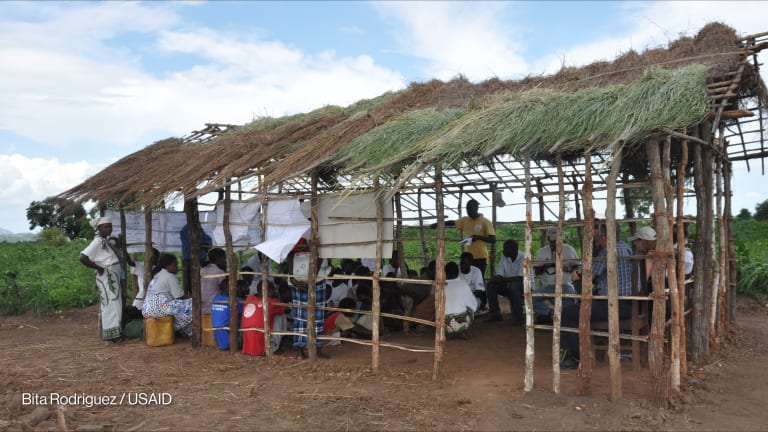The Sahel is not as much of a hot-button issue as it used to be for the aid community, but the African region continues to be severely affected by conflict, poverty and especially malnutrition — with up to 20 million food insecure expected this year.
How can we break this cycle of recurring crises? Check out the U.N.’s latest approach: Address the emergency but at the same time build resilience with multi-year commitments, government coordination and multi-sectoral programs focusing not only on food security, nutrition, health, education, but also on infrastructure and energy.
On Monday, the United Nations and its partners launched at the Food and Agriculture Organization’s headquarters in Rome the next three-year response strategy with about $2 billion in funds, built around three main objectives:
Search for articles
Most Read
- 1
- 2
- 3
- 4
- 5








